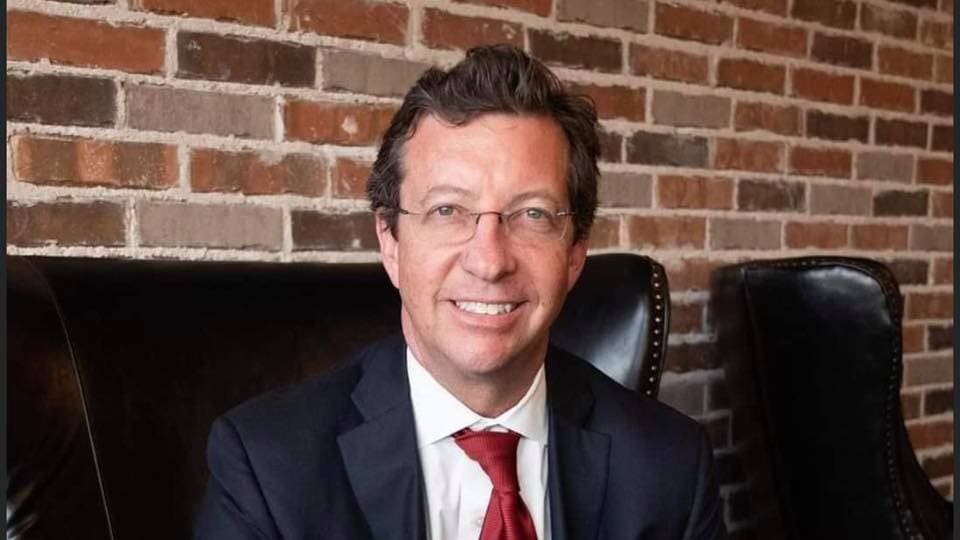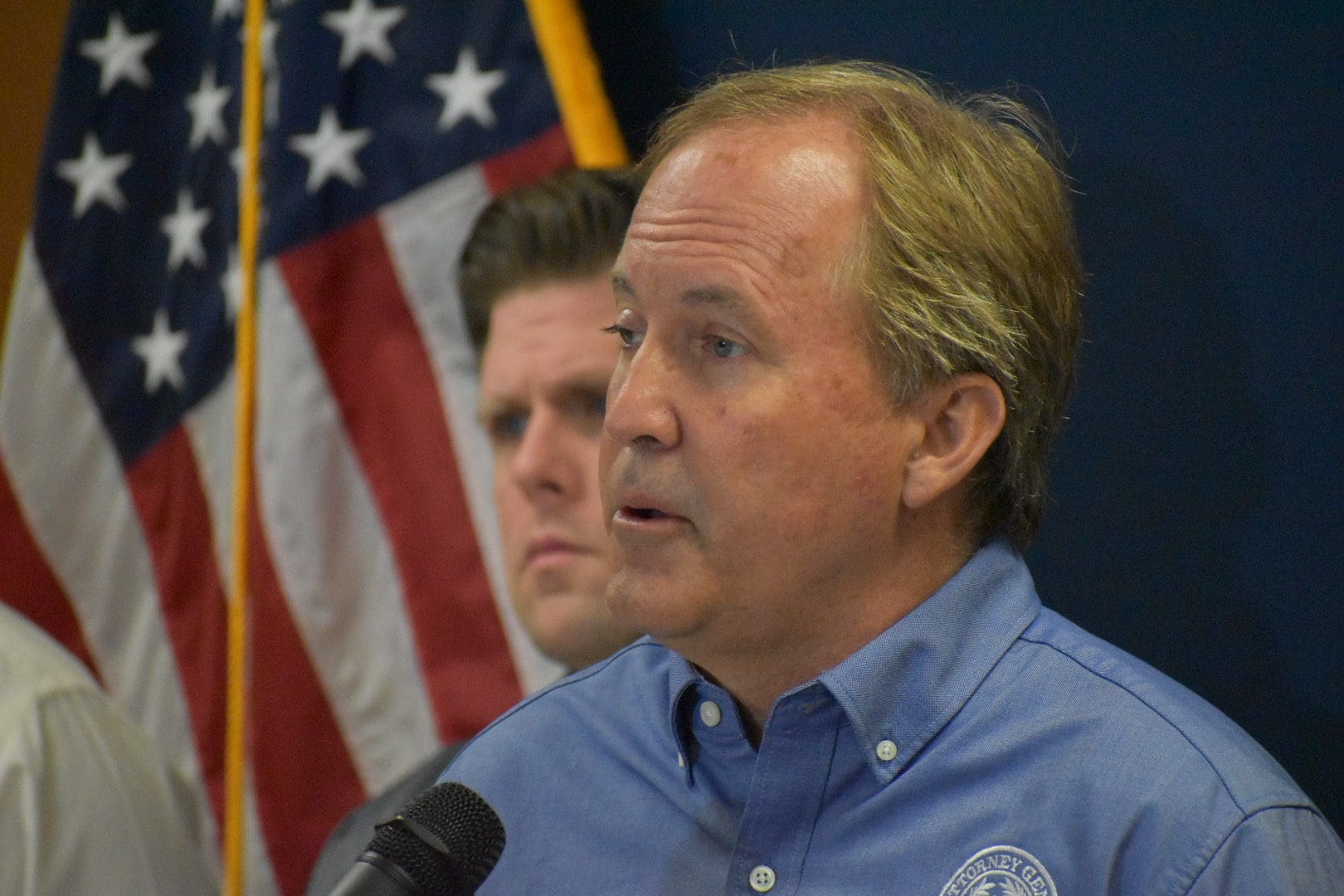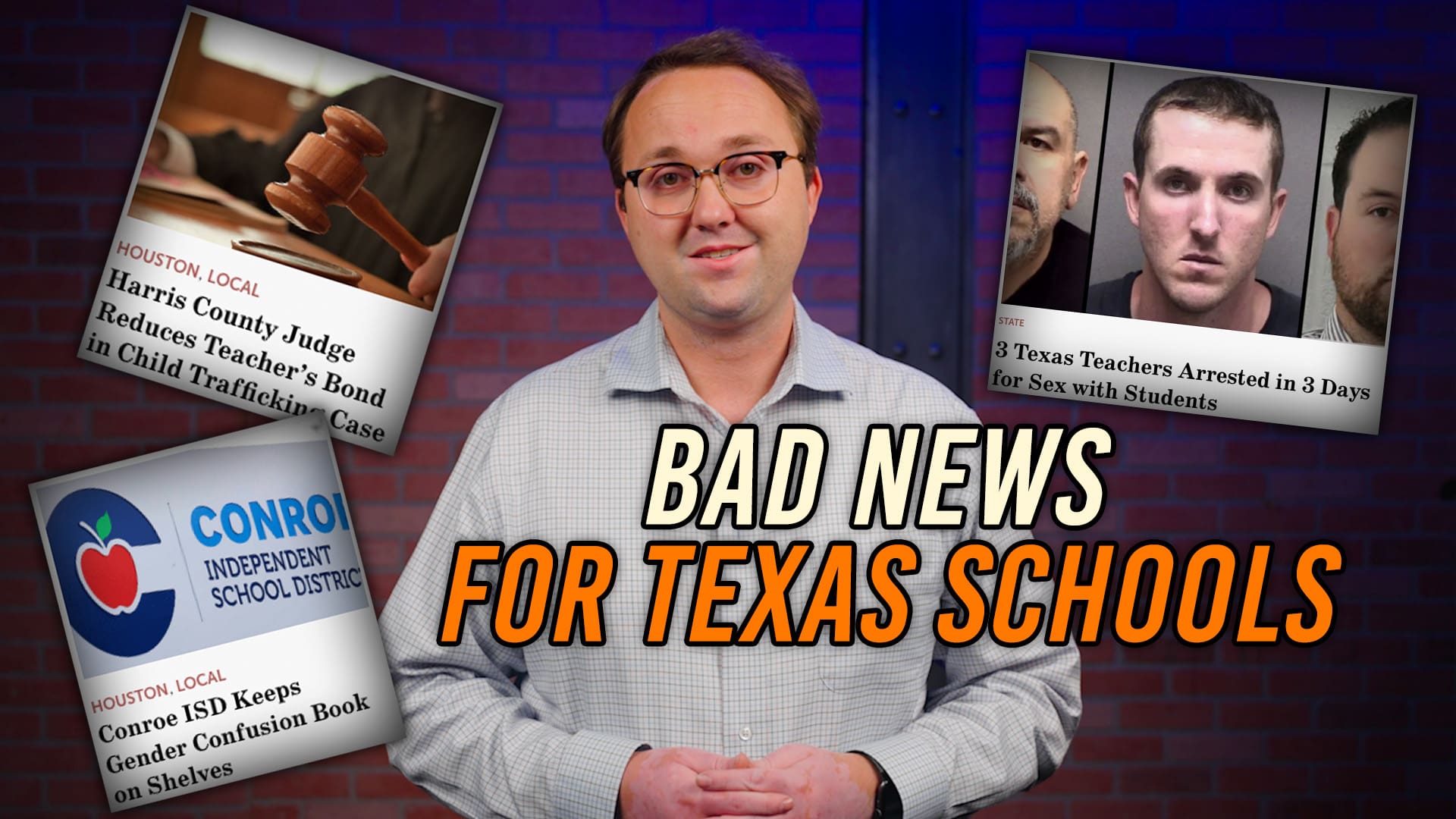With early voting right around the corner for the July 14 primary runoff election, the race to be the next judge of the 142nd State District Court in Midland County will soon come to a conclusion.
Midland attorney David Rogers is one of the two candidates in the Republican runoff, having finished first in the three-way March primary with 9,379 of the 19,431 votes cast. He now faces fellow Midland attorney Mary Baker for the final nod of the voters. The winner will be unopposed in November.
Texas Scorecard sat down with Rogers to discuss his candidacy and qualifications, and why Midland voters should select him for the position.
A lifelong Midlander, Rogers attended Midland High and went on to obtain his undergraduate degree from Texas A&M University in history, minoring in political science.
After a brief stint in Washington D.C. working for the George H.W. Bush campaign and the Republican National Committee, Rogers found it was difficult to obtain work in a history-related field without obtaining a high-level history degree and decided to pursue another field that interested him: law.
“I had always been interested in the law because basically it’s like studying history,” Rogers said. “You’re reading a lot of cases and citing legal background and precedent.”
After graduating law school, Rogers returned home to Midland and went to work in private practice. For roughly a decade, Rogers practiced law at what was then known as the Brockett & Lindemood firm, a predominantly civil trial practice.
Today, Rogers has his own private practice with partner Ray Fivecoat, where they focus on family and criminal law.
Rogers explained how family law is one of the broadest practices, touching on many different areas of law. He said there are situations where fields such as property law, oil and gas law, business law, and certain constitutional rights come into play.
“Gun-rights issues can come up, and what a lot of people don’t know is if you have a temporary injunction issued against you, that prohibits you from harassment, for example. It makes it a federal crime for you to possess a firearm,” Rogers said. “A lot of people don’t think about that.”
According to Rogers, while this court would not have original jurisdiction over family law cases, his experience in this area would allow him to work with Judge Lindemood, who presides over the family law court, to send cases to him as needed to provide relief for Lindemood’s docket.
When asked about what things he would like to see changed or improved about the court if elected, Rogers said he would like orders scheduled for a majority of the civil cases, and to keep cases moving.
“Ideally, you’d like to see civil cases set within 18 months of filing if it is going to be a jury case and within 12 months if it is going to be a bench trial,” Rogers explained.
“I think as a judge, you want to make [a] ruling quickly so the parties can take your decision and move on whichever direction they need to go,” he said.
On the criminal side of the docket, Rogers described how the judge needs to be cognizant of the jail backlog and move cases along to trial for people out on bail.
“Generally, all four of the district courts have a pretty good system,” Roger said, explaining the present pre-trial system. While he wouldn’t know for certain until he gets there, one thing Rogers said he would like to explore doing differently is setting a different trial docket.
“What I had looked at doing is, on your trial week, some of your higher-level felonies; and if those can’t go through, have some of your lesser offenses ready to move in their place, making efficient time for your jury pools,” he said.
When asked about who he might see as his judicial role model, Rogers said he would look to the late Justice Antonin Scalia, who authored the majority opinion in a case he frequently cites in criminal cases (Crawford v. Washington, 2004).
“Scalia was both entertaining and a good writer,” Rogers said. “Who I like as a judge to model yourself after demeanor-wise would be Justice Clarence Thomas. He is very conservative, but he lets the lawyers make the arguments and doesn’t unnecessarily interfere.”
When asked about his judicial philosophy, Rogers he would describe himself as an originalist.
“Basically, you look at the document and see what it says, and you do not legislate from the bench,” he said. “And I will not legislate from the bench.”
“I am the most experienced candidate,” Rogers said:
“I tried my first case in [this] court before Judge Gillis. I have tried over 135 jury trials; 120 of those were criminal, and 15 were civil. I have tried custody cases, car wreck cases … I have done over 300 bench trials, with the majority of those being family law cases. I am knowledgeable in both the rules of evidence, criminal and civil procedure, and also board-certified in criminal law, which is a majority of what that court does.”
“People need to be able to look at the court and know they have been treated fairly, and I have represented all classes of citizens. I will be ready on Day One to take the bench and start hearing cases.”
Early voting for the July 14 runoff election begins on June 29.





